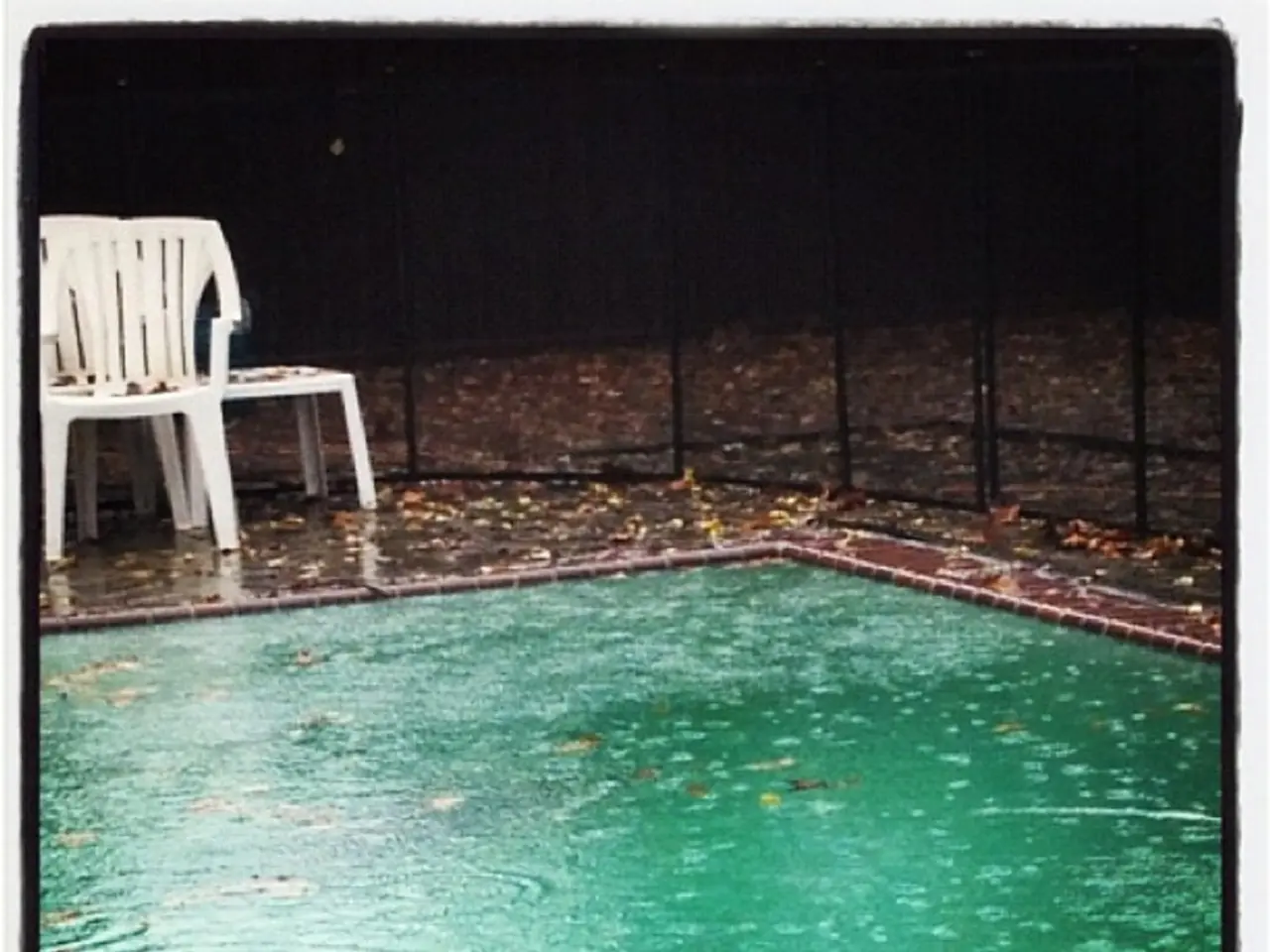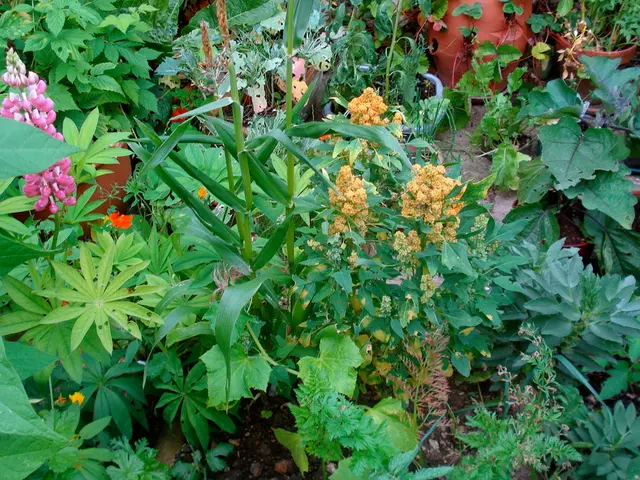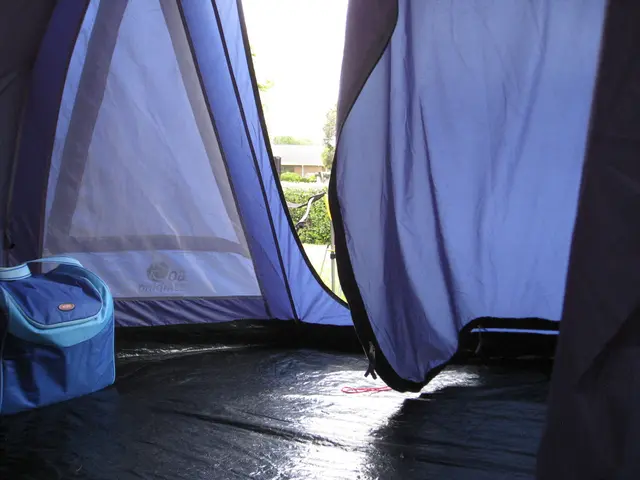"A single individual's pursuit: Transforming swimming pools into miniature underwater ecosystems, reminiscent of tropical coral reefs amidst barren farmlands."
In a bid to merge recreation with ecology, organic swimming pools, also known as natural swimming pools or bio-pools, are gaining popularity. These innovative water features offer a chemical-free swimming experience while promoting biodiversity and sustainability.
A Chemical-Free Swimming Experience
Organic pools eschew traditional chlorine and other chemicals for biological filtration and plants. This results in gentler water on the skin, eyes, and the environment. The absence of chlorine also eliminates common irritations associated with traditional pools, improving swimmer comfort.
Eco-Friendly Construction and Design
Organic pools are typically divided into a swimming zone and a regeneration zone (planted biofilter). Water circulates through the regeneration zone where microbes and plants break down pollutants, maintaining clear, clean swimming water. Construction often uses natural or environmentally friendly materials, and the pool shape and size are designed to accommodate plants and promote effective water flow.
Enhancing Garden Biodiversity
By integrating aquatic plants and natural habitats, organic pools support diverse wildlife such as amphibians, insects, and beneficial microbes. These mini-ecosystems not only attract various species but also contribute to natural pest control and ecological balance in gardens.
A Sustainable and Attractive Option
Organic pools blend harmoniously into garden landscapes, creating natural-looking water features that can enhance property value and outdoor enjoyment. They minimize pollution by avoiding synthetic chemicals and promote energy efficiency through natural filtration.
Pioneers in Organic Swimming Pools
David Pagan Butler, a leading figure in the organic pool movement, offers consultations worldwide and hosts one-day pool courses in his smallholding in the north Norfolk countryside. His pools, advocated by high-profile clients, are things of bucolic beauty and are seen as a status symbol by some. However, traditional pools surrounded by paving slabs are viewed as an eyesore by others.
Despite the initial investment, which is relatively low compared to traditional pools, organic pools are becoming increasingly popular, especially among those who value sustainability and wildlife-friendly swimming options. Weeding in the plant zone may be necessary, but the use of chemicals is discouraged.
Organic pools are not without their challenges. For instance, sticklebacks, if introduced, can disrupt the delicate balance of the ecosystem. Rainwater is better for organic pools, and mains water, with its high nutrient content, can cause the pool to go 'pea green' for a season.
In conclusion, organic swimming pools offer a unique blend of recreation and ecology. By harnessing natural biological processes for clean water and providing a habitat-rich environment, they promote biodiversity while providing a chemical-free swimming experience. Their construction centers on a dual-zone filtration system, creating a sustainable, living pool ecosystem.
An individual who values both an eco-friendly lifestyle and the study of environmental-science might consider integrating a home-and-garden organic swimming pool, as these unique water features promote biodiversity while offering a chemical-free swimming experience. The organic home-and-garden design of the pool, with its emphasis on natural materials and water circulation for effective filtration, also enriches the garden's landscape and contributes to the overall sustainability of the home.






